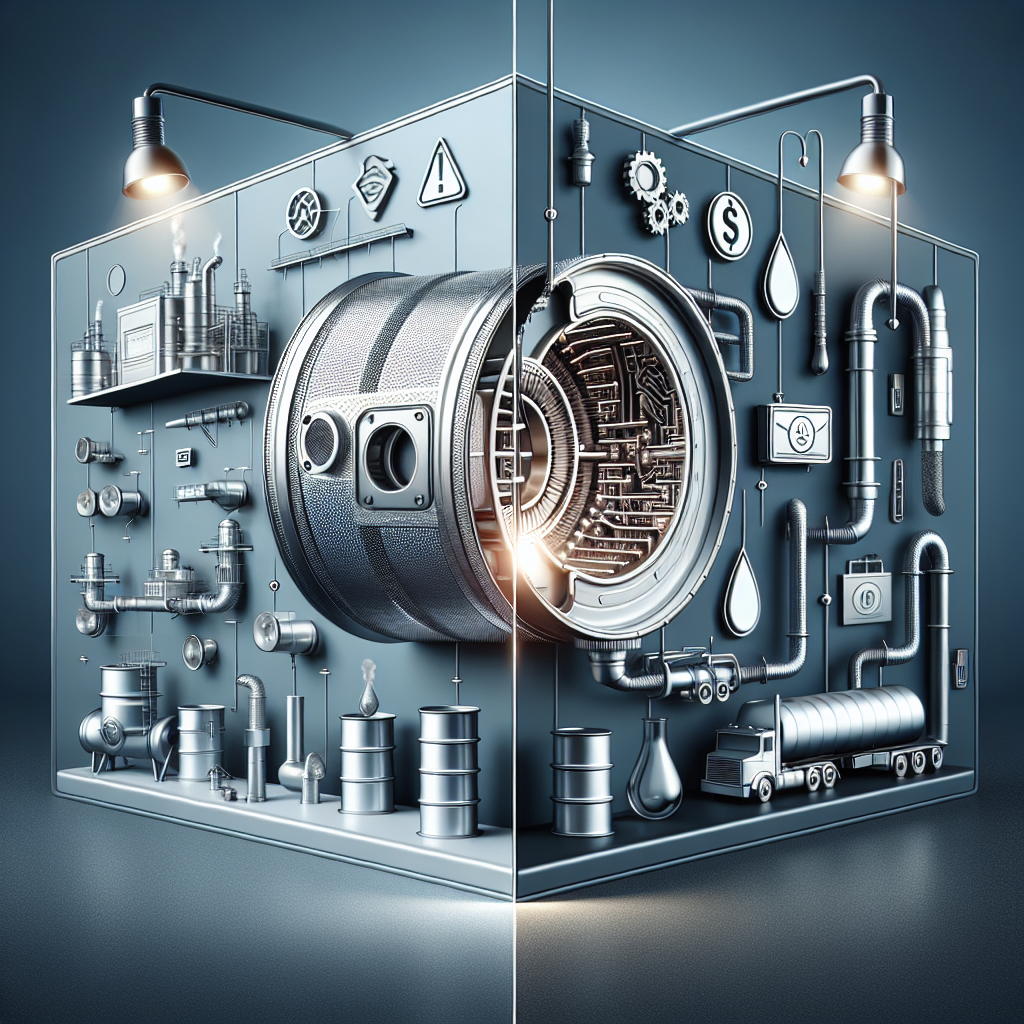How Oil Leak Detectors Work: A Closer Look at Their Technology and Benefits
Oil leak detectors are essential tools used in various industries to prevent environmental pollution, equipment damage, and potential safety hazards. These detectors work by monitoring oil systems and pipelines for any leaks or spills, notifying operators of any abnormalities so they can take immediate action.
The technology behind oil leak detectors is quite advanced, utilizing various sensors and monitoring systems to detect even the smallest of leaks. One common type of sensor used in these detectors is a pressure sensor, which measures the pressure within the oil system. If there is a sudden drop in pressure, it can indicate a leak in the system.
Another type of sensor used in oil leak detectors is a flow sensor, which measures the flow rate of oil through the pipelines. If there is a sudden increase or decrease in flow rate, it can indicate a leak in the system. Additionally, some detectors use infrared sensors to detect the presence of oil vapors in the air, which can also indicate a leak.
In addition to sensors, oil leak detectors also utilize monitoring systems and alarms to alert operators of any leaks. These systems can be connected to a central control panel, which can display real-time data and alerts for quick response. Some detectors also have the capability to automatically shut off valves or pumps in the event of a leak to prevent further damage.
The benefits of using oil leak detectors are numerous. They help to prevent environmental pollution by quickly detecting and containing leaks before they can spread. They also help to prevent equipment damage and potential safety hazards by alerting operators of any abnormalities in the system.
Overall, oil leak detectors are a crucial tool in maintaining the safety and efficiency of oil systems and pipelines. Their advanced technology and monitoring systems help to quickly detect leaks and prevent potential disasters, making them an essential investment for industries that rely on oil systems.


